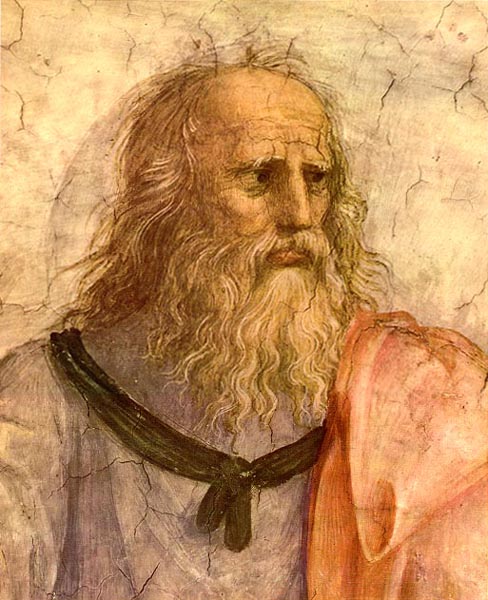Plato and Beyond
After having read Ion and The Republic, I can see why Plato is considered such an important part of the tradition of literary criticism and Western civilization in general. At the peak of Greek civilization, when Homer and Aechylus were admired as the epitome of popular culture, Plato (or Socrates, if we believe that the character represents the philosopher) was critical enough to consider that these Untouchables of culture, perhaps the Barack Obamas of his time, might have been wrong in what they were doing. He criticizes the very man he has looked up to since childhood for the purpose of seeking truth, justice, and the ideal community: “Even though the love and respect I have had for Homer since I was a boy inhibits me, […] a man mustn’t be honoured before the truth.” Although many students criticize his support for censorship, I admire his ability to question and contradict the society at a time when few (or no one) else had.
Furthermore, I find myself torn on the issue of censorship. The part of me that was raised in public schools in the U.S. for my entire life tells me that freedom of speech is pivotal to the commonwealth, and, yet, my idealist (Socialist) side tells me that some censorship can be beneficial to a society. When Socrates says that “Everything must be done to ensure that the first stories [children] hear are as suitable as possible for the encouragement of their virtue,” how can I but agree? (17). Is not this “sugar-coating” a characteristic that remains in our own culture? Indeed, many of Plato’s ideas in Republic are fundamental in our own “Christian America” (I will leave this in quotations assuming that readers understand the concept I am referring to, despite the fact that I know that the United States is neither a theocracy nor the whole of America—I would never otherwise call one country America; that’s just egocentric—no offense). We have censorship on public media. We have banned books in public schools. We have a religion in which God is good and does not lie or fiddle with people’s lives. In addition, everything Socrates describes as the God of The Republic is reflected in the Judeo-Christian religion, which makes me wonder how much contact he had with Judaism at the time.
Don’t get me wrong. I’m not saying that poetry should be banned in our society. I’m not saying that writers should never imitate their characters with mimesis. I’m not saying that rhetoric is bad because it makes people irrational. Plato went a little over the top with some of his conclusions, and if we look closely we can find the faults in his reasoning as well as their origins. However, I am saying that Plato’s works were revolutionary. He tapped into something that few (or no one) else had previously conceived. If nothing else, his outstanding ability to critique his society is something to be revered.

